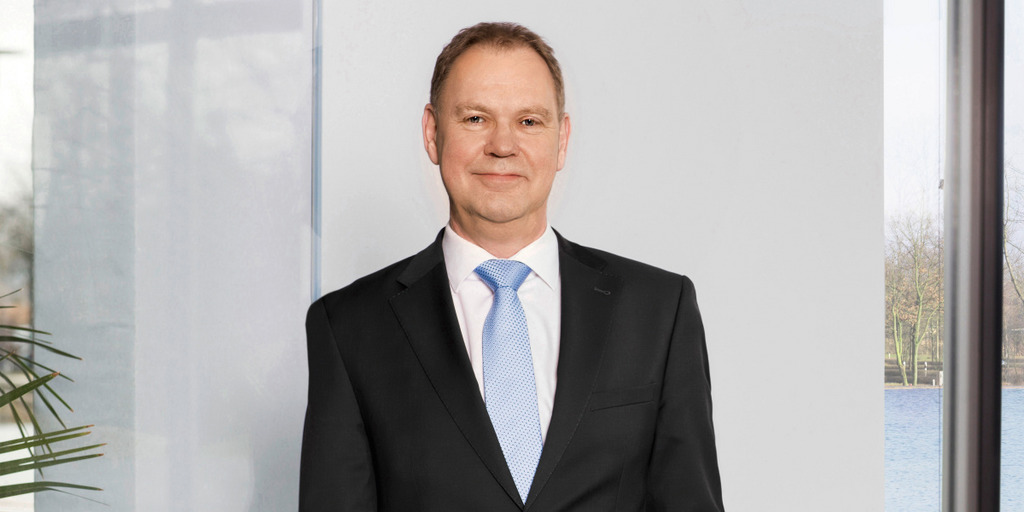At the forthcoming EU summit the threat of the United Kingdom's exit from the European Union, the "Brexit", is set to dominate the discussion alongside the refugee crisis. Let there be no illusions: according to calculations by the Bertelsmann Stiftung, economically speaking there would only be losers following a Brexit. It would further weaken Europe's position in a global world, and would turn Great Britain into "Little England", given the then likely scenario of a break-away by Scotland. A Brexit would also be a loss for Europe's powerhouse Germany, as Berlin would have one important European ally less to deepen the internal market, to open world trade and to consolidate public finances.
The reform proposals presented by the president of the EU Council, Donald Tusk, address Cameron's demands, but some crucial details remain to be clarified – the really critical negotiations are only just beginning and require strategic vision. Cameron's demands may seem irritating and inappropriate in the face of the current crises. However, let's use his impetus for a pragmatic discussion about Europe's future and for strengthening the acceptance of Europe amongst its citizens.
With his demands for more competitiveness, Cameron is only calling for what Europe has subscribed to for a long time already, but unfortunately has rarely implemented in practice. The Brexit-dynamic should thus be used for a new dynamic for competitiveness.
With his concerns around immigration and the misuse of social benefits, Cameron is touching a raw nerve of nearly all member states. The "emergency brake" that has now been proposed could well be an instrument favoured not only by the British. All Europeans should still be able to travel freely and have the right to work anywhere in the EU. At the same time, the phenomenon of benefit tourism has to be addressed.
Therefore, Cameron's demands ought not to be met with a total incomprehension or categorical rejection at the EU summit. It is not only the British who are identifying less and less with more and more Europe. They want to be understood, not lectured. Europe must free itself from the constraint of the ever-continuing integration by all and embark on a process of deepening by some and based on demand. That would be a Europe with many different speeds and several levels – a "multi-track Europe" that is not opposed to a Europe of diversity. We must counter the current stagnation with pragmatism. The EU instrument of enhanced cooperation already exists and should be used more forcefully. That concerns issues ranging from monetary union to border controls.
Recent studies carried out by the Bertelsmann Stiftung showed that European citizens, including those in the United Kingdom, continue to cherish the idea of a united Europe and expect more security and more prosperity from the EU. This desire of EU-citizens should steer European heads of government at the summit. Citizens want a strong Europe, not one that is falling apart.
This article was published as op-ed in the German newspaper "Handelsblatt".



